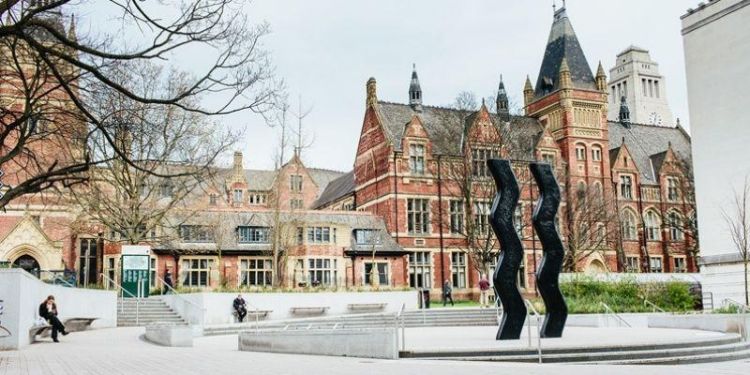CTS Professionalisation Talk 2021/22 #8

On 17 November 2021, Mr Feng Chen visited the University of Leeds after interpreting for the COP26, and gave a fascinating talk entitled ‘Interpretation and Translation in the United Nations’.
Mr Feng Chen is an experienced UN interpreter, who works as training coordinator and UN competitive language examination officer in the Interpretation Service at the UN Headquarters in New York. He graduated from Sun Yat-sen University and took part in the UN Training Programme for Interpreters and Translators in the early 1980s, before passing the UN recruitment exam and becoming part of the first generation of Chinese simultaneous interpreters. Until now, he has worked for the Chinese Foreign Ministry, the London Embassy, and the UN Headquarters as the ambassador’s private secretary and chief interpreter. He has interpreted for 11 Prime Ministers and state leaders for over 200 countries, and has interpreted in over 10,000 conferences so far.
During the talk, Mr Chen discussed the evolution of interpreting, and its background in the UN. Research shows that simultaneous interpreting began in the League of Nations - the UN’s predecessor. In the early years, consecutive interpreting was the only means for UN meetings, meaning that the presentation would be interpreted into different target languages one by one after the presentation had ended. Most of the interpreters of this first generation knew several languages from birth. As well as full-time interpreters, the UN Interpretation Service is made up of 270 translators and even more freelance interpreters who must pass entrance exams. It is no surprise, then, that the UN is one of the world’s biggest employers of interpreters and translators, second only to the European Union, where member states are allowed to use their own interpreters. And this provides a big amount of opportunities for interpreters and translators at the same time. Despite all this change, consecutive interpreting was still in use for multilingual meetings (e.g. for the Military Staff Committee) until around 20 years ago.
Mr Chen went on to mention the UN training programmes for interpreters and translators. At first, there was a short supply of Chinese interpreters and translators, and there was a dire need for the translation of several documents from English into Chinese. Therefore, many teachers from foreign language universities did this translation work, and as a result, became the first generation of translators. In 1979, the UN set up training programmes for Chinese interpreters and translators in Beijing, which produced many graduates until it came to an end in 1993. Mr Chen suggested that although those interpreters graduated from the programme, they should continue to evolve and learn, just as students at university should, as language is always changing.
Nowadays, this programme has a new name: the Competitive Exam for Language Positions (COLP), which comprises 4 criteria – completeness, accuracy, diction and resourcefulness. He emphasised the importance of the ‘completeness’ aspect, giving an example that had taken place during an important conference.
Finally, during the Q&A session, Mr Chen answered some questions relating to the various opportunities the UN provides. He answered the students’ questions on how to apply for and attend the UN’s interpreting and translation exams, giving students great insight into the process.
Thanks again to Mr Feng Chen for sharing his invaluable experiences, and introducing the CTS students to the UN’s interpreting and translation work, and the associated exams.




